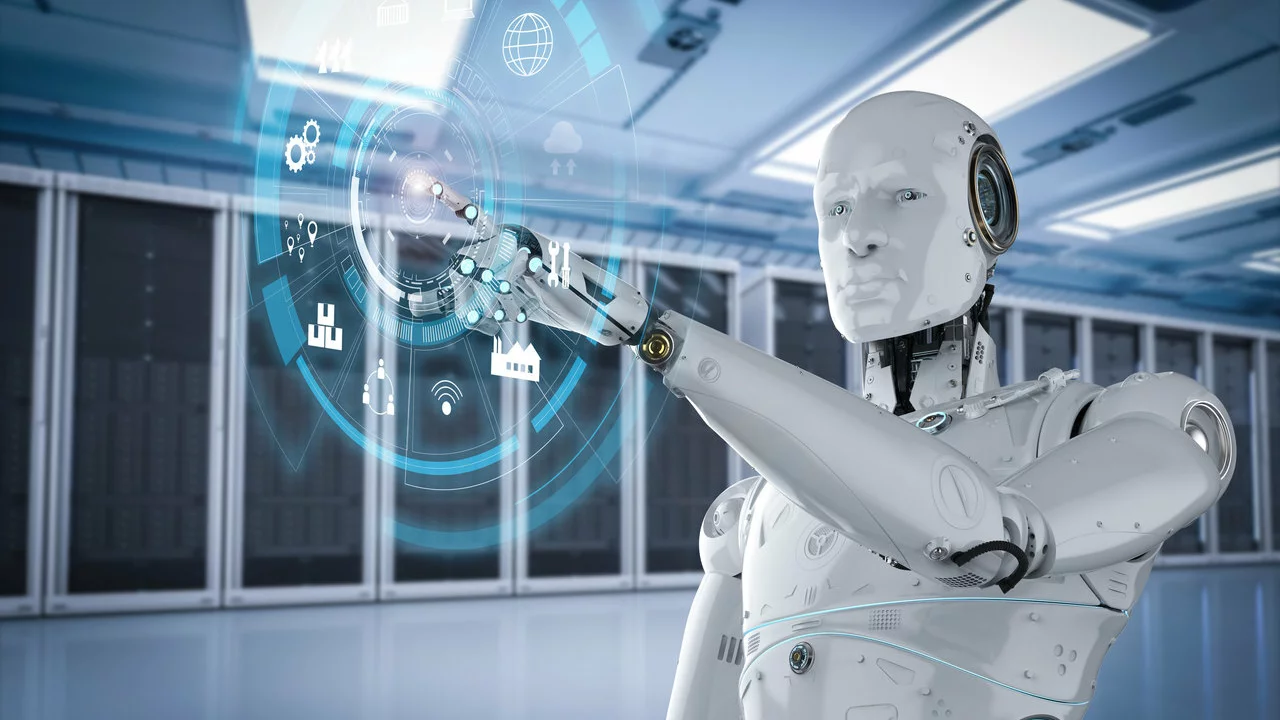- Archer Lockwood
- 30 July 2023

Meet the Futuristic Family: AI Technologies in Our Lives
Do you often find yourself wondering, will the day come when we have Rosie from "The Jetsons" taking care of all our chores? Well, ladies and gentlemen, maybe we're not there quite yet, but surely we are on track. AI technologies have tremendously revolutionized our world. Now, every second technological device is empowered with Artificial Intelligence, giving it the capacity to think, learn, and make decisions like humans. Mind boggling, isn't it?
Artificial Intelligence can be divided into two types – narrow AI which is designed to perform a narrow task like answering queries (think of your dear Siri), and general AI which can perform any intellectual task that a human can do (still a thing of the future, let's not sweat). But no matter how we classify it, AI's potential to transform lives is undeniable.
The Magic of Machine Learning
Machine Learning, a term which sounds like it has jumped straight out of a sci-fi movie, is actually one of the most prevalent artificial intelligence technologies today. It involves the creation of algorithms that can learn from and make predictions based on data. A compelling exemplification of this would be Netflix's recommendation system. Ever wondered how it predicts what you would fancy next? Bingo! It's all the magic of machine learning. Algorithms are created, which learn from your viewing patterns and habits, and then recommend you movies based on that. Intriguing, isn't it?
Imagine you're trying to cross a maze. You have two options - the traditional hard-coded AI that follows preset rules, or a machine learning model that learns from its mistakes every time it hits a dead end. With every mistake, machine learning algorithms learn a little more about the structure of the maze until they find the way out, commanding a triumphant 'Checkmate!' to their counterpart. The future seems bright with these smart learners, doesn't it?
Navigating Life with Natural Language Processing
Another brilliant example of artificial intelligence is Natural Language Processing (NLP). What's that you ask? Well, remember those heated debates you had with your phone's AI assistant over weather, trivia, or which ice cream flavor is the best? That was all enabled by NLP. It gives machines the ability to understand, interpret, and generate human language. Whether you're saying "okay Google" or asking Siri about the meaning of life, NLP is the secret ingredient in the mix.
I once had a chat with an AI customer service representative, so seamless, so naturally human like, that I spent a good deal of time contemplating if I was talking to an actual person. NLP can be that uncannily good! And it's revolutionizing industries at a surprising pace - from transcribing speech in real-time, translating languages, to analyzing sentiments behind social media posts – it's serving humanity one word at a time.
Discovering Deepfakes: AI's Art of Deception
Incredibly powerful but equally controversial, Deepfakes are AI's fascinating leap into the world of imagery and voices. Using machine learning algorithms, an existing image or a video can be replaced with someone else's likeness. Sounds like something straight out of a Hollywood spy thriller? Believe me, it's as real as it gets and has set the tech world abuzz with discussions on ethics and its potential misuse.
A friend of mine once showed me a video where he was holidaying in the Bahamas. Suspicious, as I knew he hadn't left town, I asked for his secret to teleportation. He cracked up laughing and introduced me to the world of deepfakes. He had used an app which had seamlessly swapped his face onto a stranger's video. While the idea of fooling friends may seem fun, the wider implications of deepfakes are both fascinating and terrifying. Right from politics to entertainment, deepfakes can cause ripples.
Robotic Process Automation: The Invisible Workforce
This, my friends, is where we're edging closer to our own 'Rosie'. Robotic process automation (or RPA) is all about automating our mundane and repetitive tasks. From office tasks like data entry, calculations, and record maintenance, to more complex tasks like detecting frauds and monitoring software operations - robots are ready to take over. Now, before you have visions of menacing robots typing away on your office desks, let me clarify - these 'robots' are merely software programs. Quite a letdown, I know!
RPA boasts of its ability to increase efficiency while reducing human error. One fine day, while going through my bank statements, I noticed an anomaly. A transaction I didn't recognize. Panicked, I called up the bank, expecting the worst. But it turned out, their RPA system had already spotted the anomaly, and it had been flagged for review. That's RPA in action, doing its best to make our lives easier.
So, while we're still a few leaps away from having our personal Rosie or flying cars, these AI technologies are already changing lives in big and small ways. From making decisions, learning from experiences, understanding and responding to our whims, AI is carving out a reality that once existed only in the realms of sci-fi. Exciting times ahead, wouldn't you agree?
Write a comment